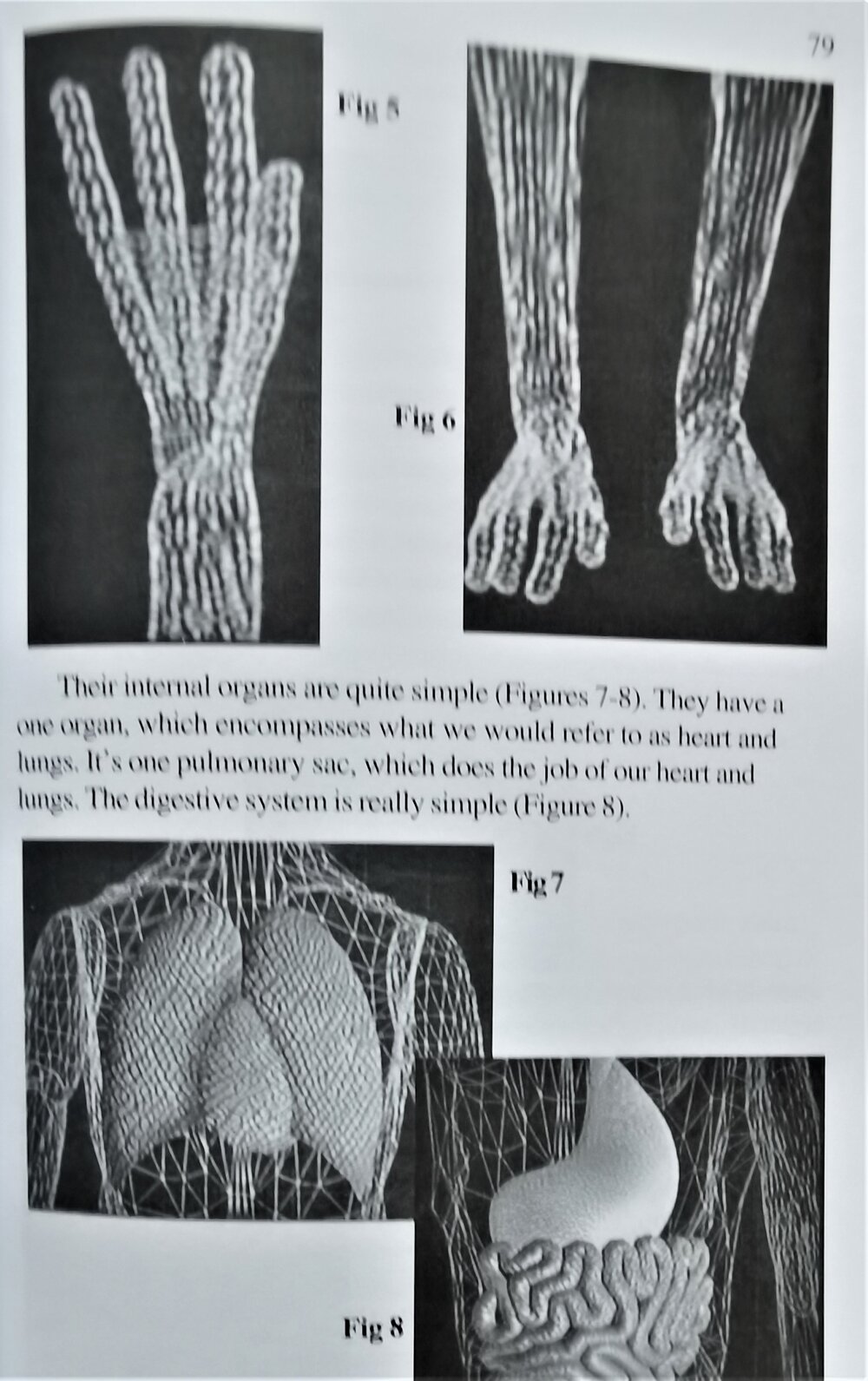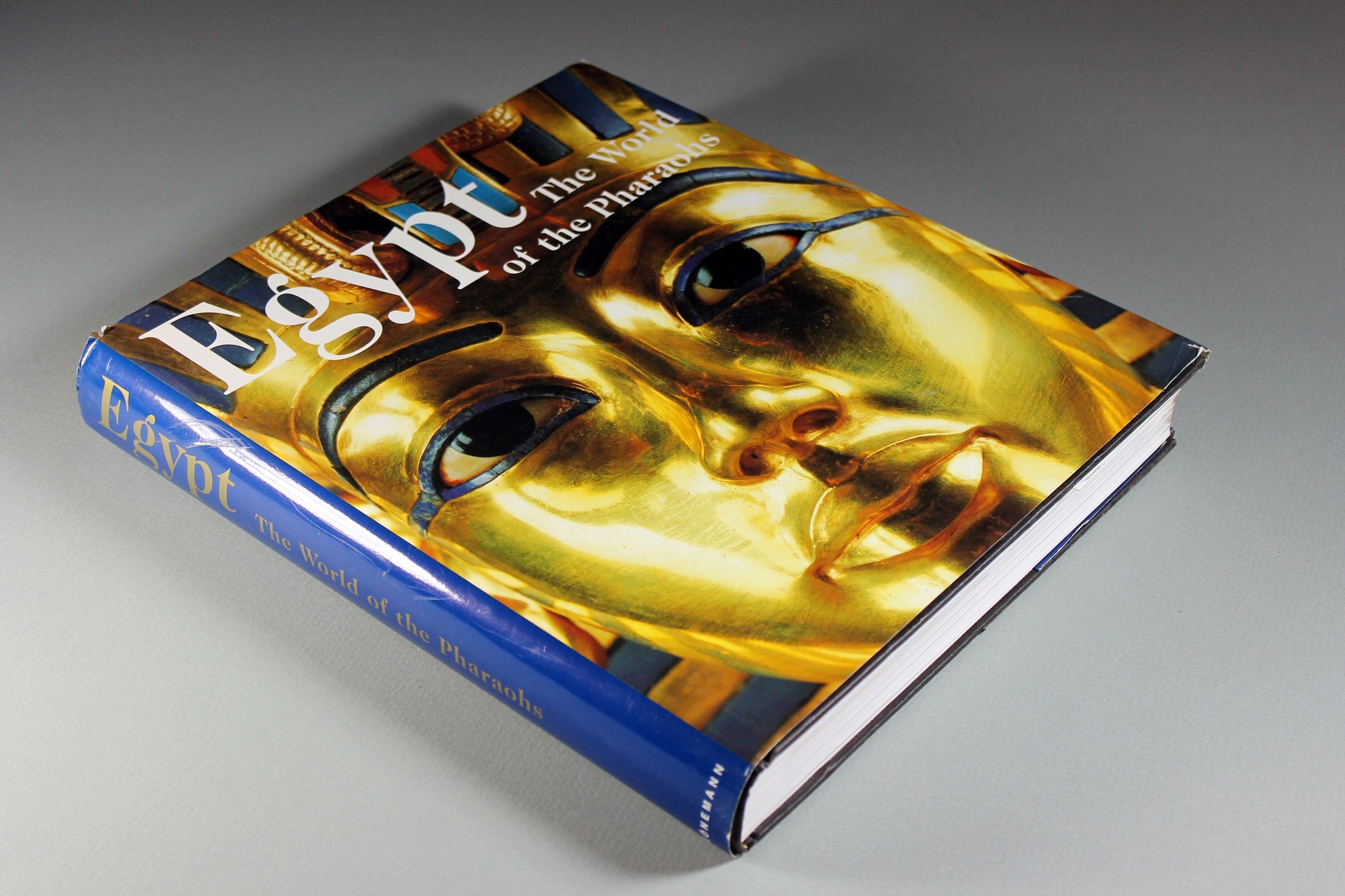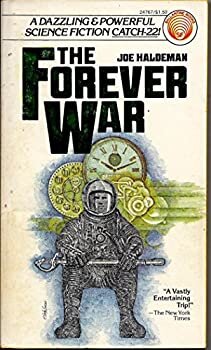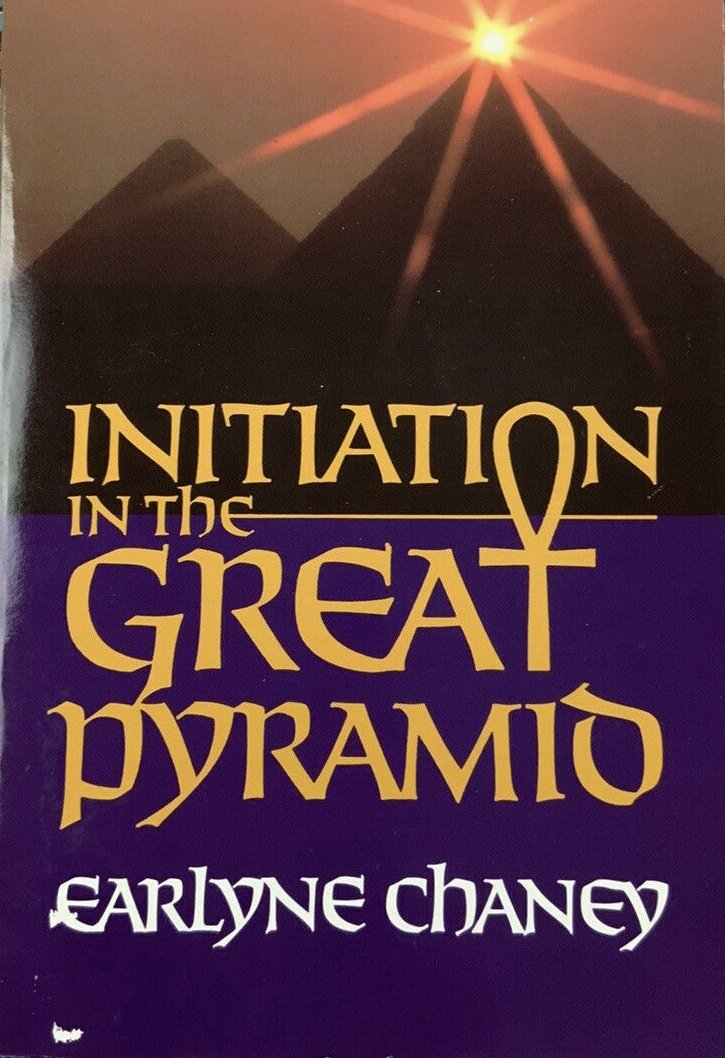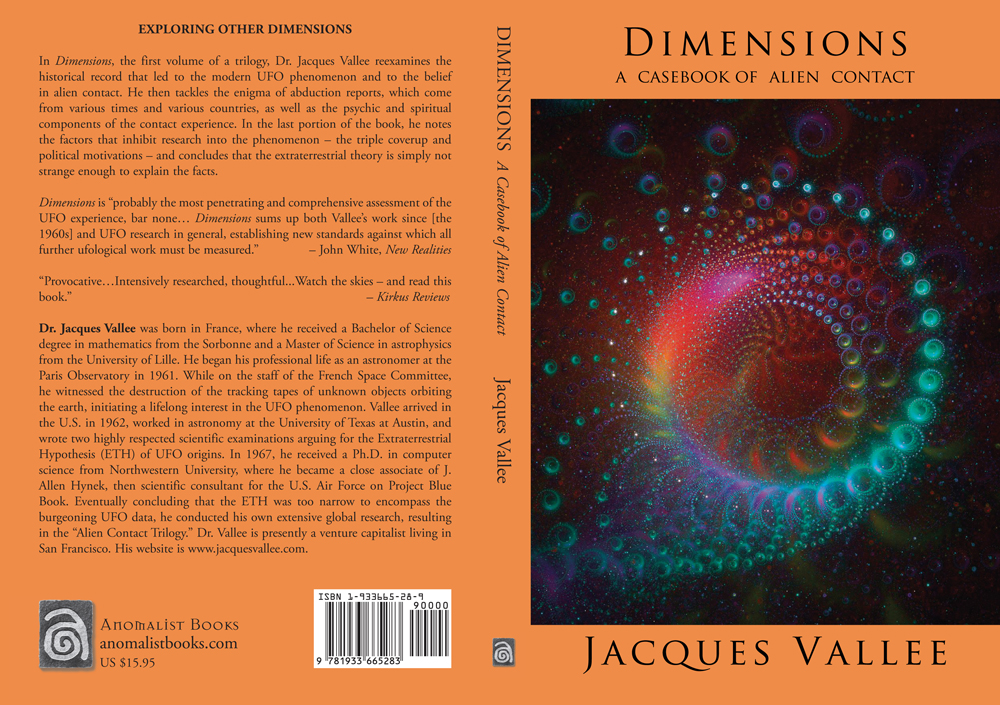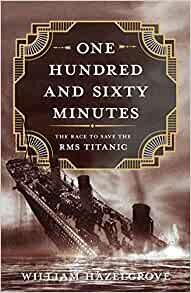Laying out the details of his new diagnosis and what needed to be done, I
was pretty straightforward. I explained how it was likely an unfortunate
combination of calcified arteries and scar tissue from his previous surgery during
the Korean War some forty-plus years earlier. Turning down the corners of his
mouth, he nodded knowingly. I doubted, though, that there was any way he
could know. It seemed more of a gesture of processing the information than truly
understanding it. He remained quiet.
“You’ll need abdominal surgery to fix the problem,” I went on, then added,
probably a bit too cheerfully, “but I have the best team available lined up for
you.” Tapping his fist in a light rhythm on the bed, he continued nodding his
head slowly, his frown deepening. Then shifting his head and his mood, he
suddenly stared at me with narrowed eyes. If I was reading him correctly, his
gaze contained a look of barely concealed fear.
“Doc, I appreciate everything you’ve done for me, but I won’t be having
surgery,” Samuel said. He then lowered his head and began fingering the folds
of his blanket nervously, avoiding further eye contact with me. This was so
different from the man I had met earlier. All the eloquence of his conversational
style that had charmed me that morning was gone, replaced by a voice that was
tremulous and soft. He was shutting me out. He was afraid.
“I understand that this is different from what we thought was going on
initially, Samuel,” I said, leaning into him and speaking softly. “But if you don’t
have this surgery, you’ll likely die.” He shook his head no.
“Why, Samuel?” I pleaded. “Can you help me understand why you won’t
have surgery?”
He took a deep, sucking breath, and jabbing the bed with his finger for
emphasis, still looking down, he told me: “I will never have surgery again.” His
voice started to crack. “Because the last time they did that to me, I saw
everything! I saw them open me up and cut inside my belly. I tried to scream.”
With the sudden appearance of tears, his voice fell to a whisper. “I tried to tellthem I wasn’t asleep – but they wouldn’t listen to me. They just kept right on
cutting. Right on cutting.” I was stunned. Shocked and horrified by what Samuel
had just shared with me, I didn’t know what to say, so for a while we sat in
silence and I said nothing.
Finally, afraid to ask but wanting to know, I inquired, “Did you feel any
pain?”
“No, I didn’t feel pain, but I could see my guts all laid out. I could see what
they were doing when I looked down and it freaked me out!”
He was clearly distressed, but I was confused. I knew that under general
anesthesia he should not have been conscious for the procedure, let alone able
to feel it. I had heard of rare cases where patients appeared to be unconscious
during surgery and later reported feeling pain, but Samuel had seen his surgery
in detail and felt nothing. I also knew there would have been a drape extending
up from the sterile surgical field separating his head and upper chest from the
abdomen where they were working, preventing him from being able to see what
the surgeons were doing, even if he had been awake.
Finally, I spoke. “I can only imagine how terrifying that must have been.”
Not knowing how to respond exactly, I did my best to reassure him – but at the
same time, I was stumped. In that moment, words failing me, I reached out and
took his hand, gave it a gentle squeeze and then released it. We sat in silence.
Both of us were absorbed in that moment for different reasons – Samuel
unexpectedly reliving his trauma, me trying to sort it all out – when my pager
suddenly rang out, startling us both.

 Mary Louise Brooks (November 14, 1906 – August 8, 1985), known professionally as Louise Brooks, was an American film actress and dancer during the 1920s and 1930s. She is regarded today as a Jazz Age icon and as a flapper sex symbol due to her bob hairstyle that she helped popularize during the prime of her career.
Mary Louise Brooks (November 14, 1906 – August 8, 1985), known professionally as Louise Brooks, was an American film actress and dancer during the 1920s and 1930s. She is regarded today as a Jazz Age icon and as a flapper sex symbol due to her bob hairstyle that she helped popularize during the prime of her career. 



